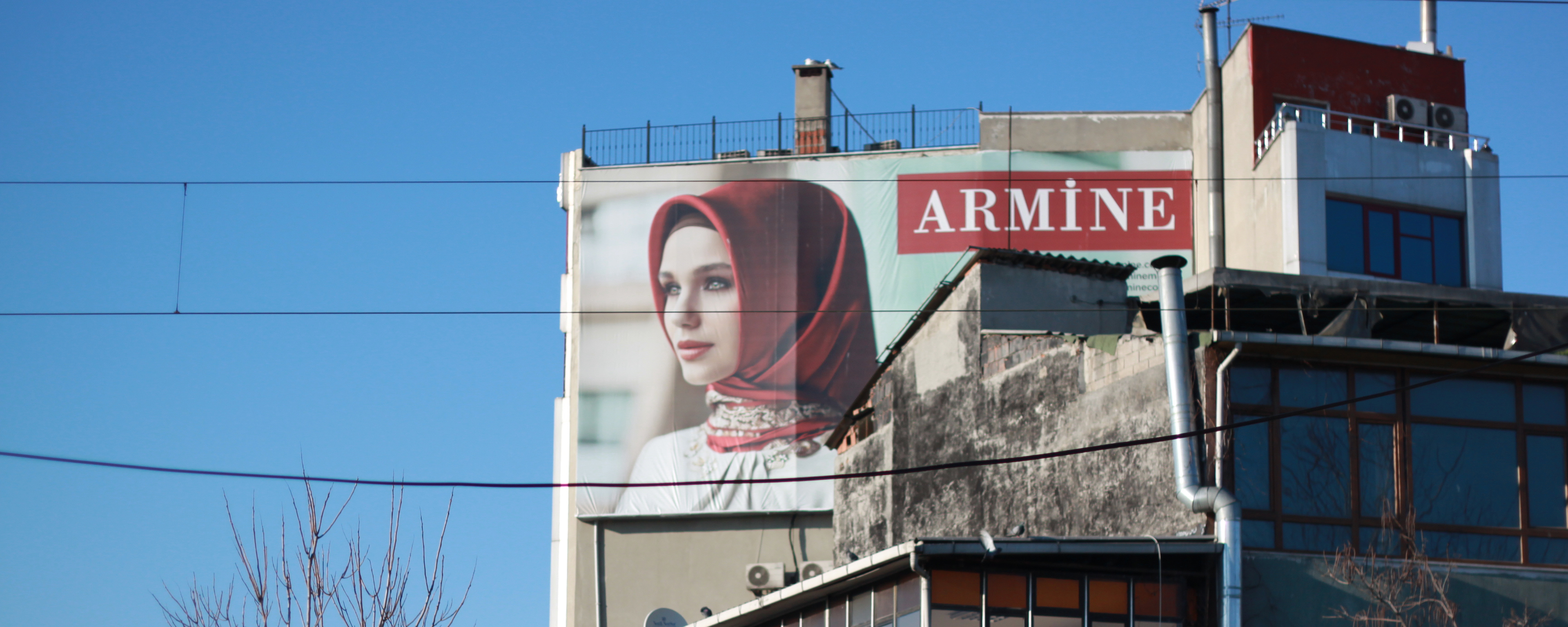Ästhetische Körpermodifikationen und Weiblichkeit in einer globalen Stadt: Kulturen der Schönheit in Istanbul (Türkei)
Förderung: DFG - Deutsche Forschungsgemeinschaft
Laufzeit: September 2013 bis September 2018
Projektleitung: Dr. Claudia Liebelt
Angesiedelt am Lehrstuhl für Sozialanthropologie (Prof. Dr. Erdmute Alber)
Kurzbeschreibung:
In the past two decades, the consumption of beauty services and cosmetic surgery in Turkey has developed from an elite phenomenon to an increasingly common procedure among younger and middle-aged women especially. Whereas the High Commission on Religious Affairs and other religious experts regularly warn of aesthetic body modifications as sinful for both men and women, the consumption of beauty services and cosmetic surgery has become normalised in urban Turkey, including within an emerging pious middle class. Turkey now ranks among the top ten countries worldwide with the highest number of cosmetic surgeons per capita (ISAPS 2017) and its economic and cultural capital Istanbul has become a regional centre for the beauty and fashion industries.
Using ethnographic fieldwork carried out in beauty salons and clinics in different parts of Istanbul between 2013 and 2015, the research project investigated the profound effects of the recent beauty boom on urban residents' body images, gendered norms and practices. It analysed a situation in which, in an atmosphere of social polarization and the common rhetoric of a strengthened division of society into secular and Islamic since the consolidation of power and increasingly authoritarian rule of the conservative and pro-Islamic Justice and Development Party (Adalet ve Kalkınma Partisi, AKP), there are strong and sometimes contrasting normative ideals of feminine beauty.
Hitherto dominant secular and culturally inflected norms of femininity are being challenged by the rise of a new pious urban middle class, as well as by ideals and images of hyper-femininity that rely on the ongoing consumption of beauty services in the urban beauty economy. Confronting the common assumptions of self-proclaimed cosmopolitans in central neighborhoods, beauty practitioners and customers in more peripheral or Muslim conservative neighborhoods, the project shows, prove not only well-informed of the latest styles and fashions, but also display a striking willingness to establish new intimate relationships and negotiate the boundaries of moral permissiveness and bodily well-being.
The research project draws on an ethnographic intersectional approach that highlights questions of subjectification, affectivity and sensuality in order to improve understanding of the process of becoming feminine in urban Turkey. As elsewhere, feminine beauty is an embodied and situated social practice in Istanbul, not an essential and easily measurable natural quality that determines success. It relies on a process of bodily cultivation that is played out differently in various parts of the city and is subject to local as well as transnational structuring forces within a growing economy of beauty services and products. Given the dearth of anthropological analyses of gendered beauty and the local workings of the globalizing beauty economy, especially in Muslim cultures, the research project contributed significantly to our understanding how the affective power of embodied beauty is simultaneously able to support and challenge hegemonic norms of gender, class, age and belonging.

